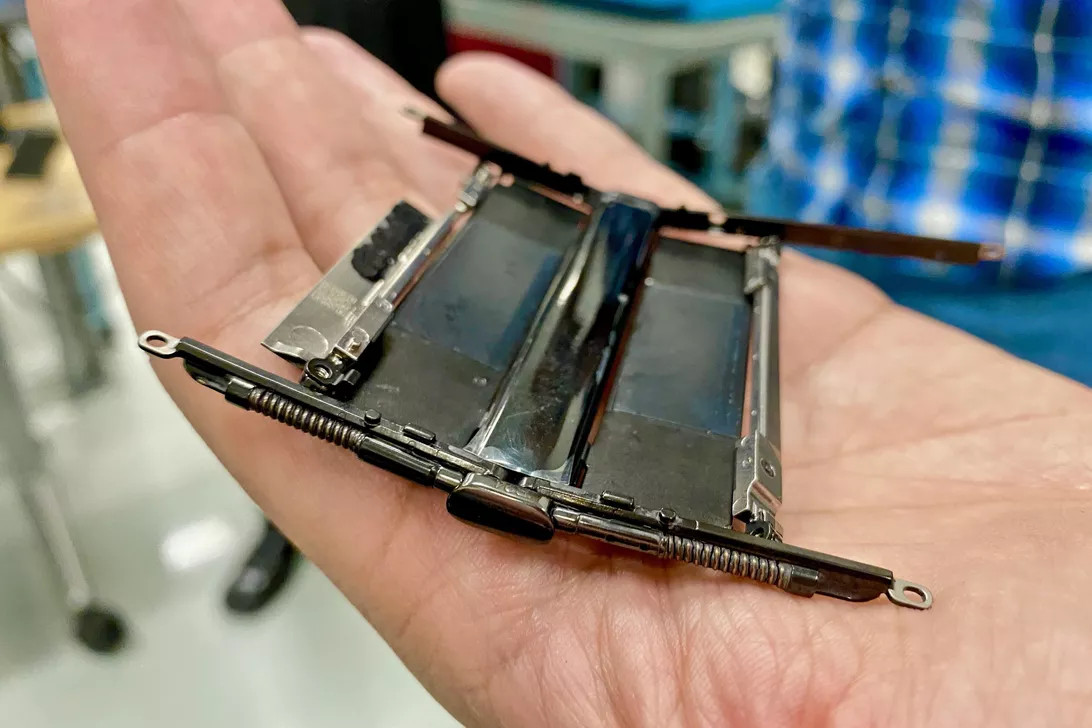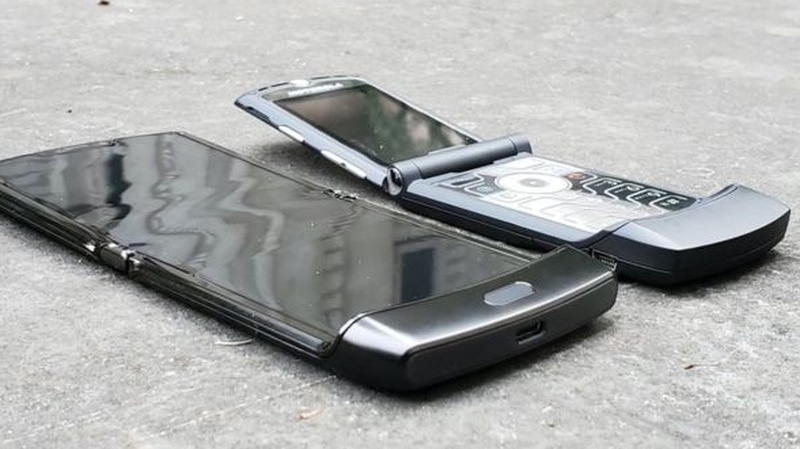If you’re the kind of person who hates this new generation of smartphone users and longs for a nostalgic past, you’re not far from the new target demographic for many commercial phone manufacturers. Major phone companies like Motorola and Huawei have been developing foldable versions of conventional smartphone designs, intended to be more versatile while maintaining the same functionality as their less flexible counterparts.
It’s certainly gimmicky, but phones like the Samsung Galaxy Fold, the Motorola Razr, and the Huawei MateX are elegant from an engineering perspective. Developing a seamless interface experience, maximizing surface area for functionality, and maintaining the same nostalgic flip phone aesthetic while making use of familiar smartphone features isn’t an easy design process.

For the Razr, a hinge system that takes up about a third of the phone’s internal space allows the OLED display to have no noticeable binder line. Rather than curving like a piece of paper, it forms a teardrop shape that prevents the screen from creasing and being damaged. Springs and pistons below the surface move small places underneath where the user will be tapping – folded in, the plates slide away. It’s an interesting effect, although as you can see in the banner image, it doesn’t quite achieve optically flat perfection.
In order to ensure that the screen doesn’t overheat as it bends, it is made up of microlayers sandwiched together. To balance weight, the circuits and battery is split into two, operating on each half of the device, an unusual design choice for smartphones. Placement of the array of radios and antennas is also a challenge since they can’t be too close to each other or the processor, which can interfere with signal transmission.
Other devices like the Royale Flexpai are more so proof-of-concepts making use of flexible screens and batteries, rather than capturing the aesthetics of a flip phone generation — but who doesn’t want their smartphone to unfold into a tablet when needed? The future of smartphone technology is looking interesting, and we’ll be sure to see even more iterations of flexible displays in the near future.
